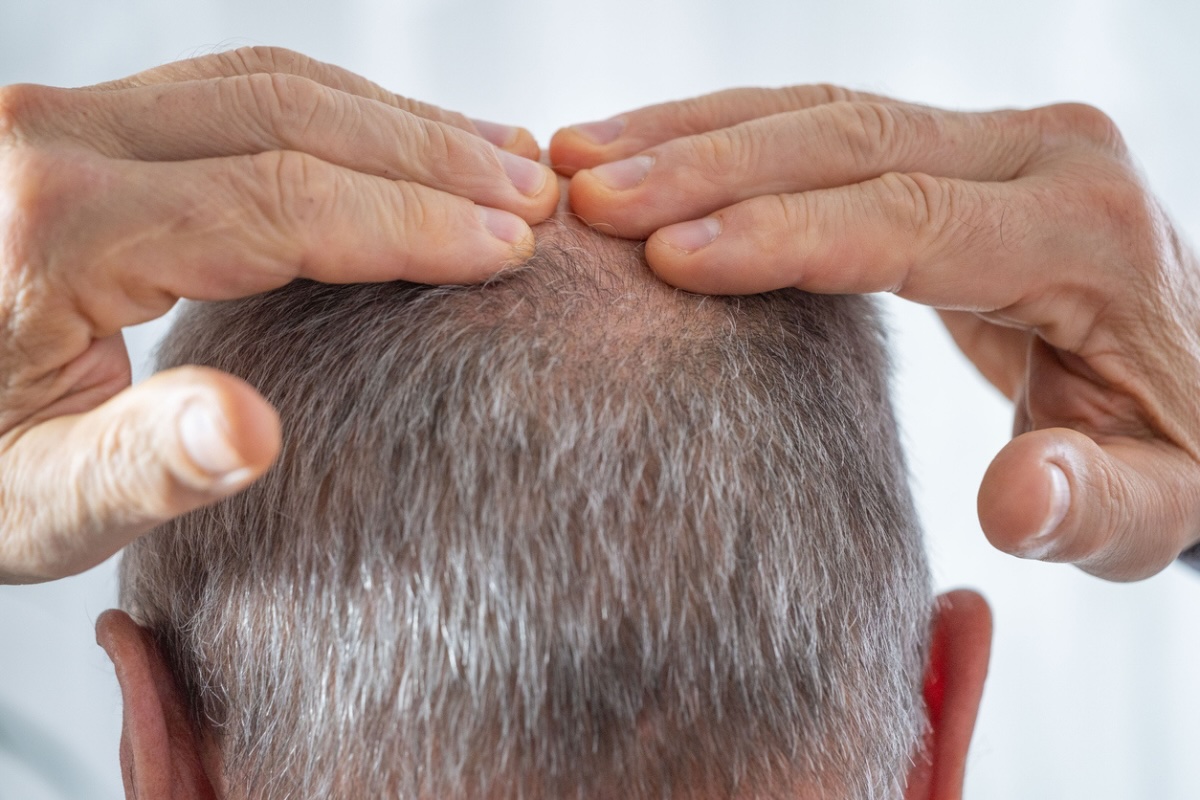Millions of people who had COVID-19 have still not regained their sense of taste and smell, according to a new study by Mass Eye and Ear in Boston.
In 2021, approximately 35.8 million adults were diagnosed with COVID. This accounts for about 14 percent of the adult population. Infections from the virus on the more severe end of the spectrum were often associated with disturbances to sense of smell and taste, a condition known as anosmia. Among diagnosed individuals, 61 percent experienced a loss of smell, and 58 percent experienced a loss of taste.
COVID Depression: Living With Long COVID
Repurposing Psychiatric Drugs For COVID
Lingering Viral Interference
Sense of taste and smell are closely intertwined. They rely on specialized cells called olfactory and gustatory receptors to detect and interpret different scents and flavors. The SARS-CoV-2 virus that causes COVID can directly attack and damage these receptors, causing inflammation and impairing their ability to transmit signals to the brain. This has the effect of switching off the taste buds and scent detectors.
Additionally, the immune system kicks into gear to fight off the viral infection. A release of inflammatory molecules can inadvertently interfere with the function of olfactory and gustatory receptors as well, which may also contribute to sensory disturbances.
Loss of taste and smell isn’t unique to COVID. Other respiratory infections also lead to similar symptoms. Before the pandemic, a previous national epidemiological study in 2015 identified that 10 percent and five percent of adults reported smell or taste disturbances within the last year. “However, the COVID-19 pandemic has radically changed this landscape with a high rate of infection—affecting an estimated 82% of Americans already—and, as our study found, a high rate of smell and taste loss in infected individuals…” the researchers wrote.
Anosmia as the result of a virus is usually temporary. But, after recovery from COVID, the researchers found that many patients didn’t fully regain their ability to taste and smell. Approximately 24 percent experienced partial recovery of their sense of smell, while nearly four percent had no recovery at all. For taste, the recovery rates were approximately 21 percent partial recovery, and about three percent no recovery at all.
Study Relevance
The study analyzed publicly available data from the 2021 National Health Interview Survey (NHIS) which in 2021 began including questions related to COVID diagnoses, testing, and the perceived severity of the disease. Some of those questions asked about associated disruptions to the senses. The researchers acknowledged that their findings only reflected patient perceptions and did not capture functional scores.
“We wanted to quantify the national impact of smell disorders resulting from COVID,” said Neil Bhattacharyya, MD, professor of otolaryngology at Mass Eye and Ear. “With this data we can understand, in big numbers, how many people lost their sense of smell or taste due to COVID infection and how many people never fully recovered those senses.”
From the perspective of patients, the researchers stressed that the loss of smell and taste can be devastating. Without them, people have trouble enjoying a meal and detecting harmful substances. Additionally, sensory disruption leads to lower quality of life to the point that some people show signs of depression. Bhattacharyya said one of the motivations for the study was a patient he saw who lost 50 pounds due to his COVID-related smell loss.
Clinical Challenges
It’s useful to counsel patients regarding their chance of sensory recovery, the researchers said. They admitted that evidence-based resources are often hard to come by. They also noted that even expert recommendations are ambiguous and inconsistent.
The Laryngoscope study emphasized the need for new treatments. It also recommended a greater use of available medicines such as preventive vaccines and Paxlovid to lower the overall disease burden.
“The value of this study is that we are highlighting a group of people who have been a bit neglected,” Bhattacharyya said. “Losing your sense of smell or taste isn’t as benign as you may think.”


